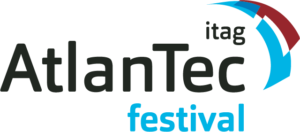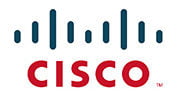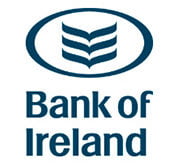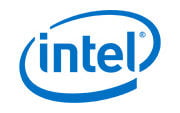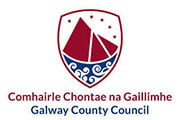Introduction
The PRINCE2 Foundation qualification is intended for project managers and aspiring project managers. It is also relevant to other key staff involved in the design, development and delivery of projects, including: project board members (e.g. senior responsible owners), team managers (e.g. product delivery managers), project assurance (e.g. business change analysts), project support (e.g. Project and Programme Office personnel), and operational line managers/staff.
The PRINCE2 Practitioner examination is intended to assess whether a candidate can recall and understand the PRINCE2 project management method (as described in the syllabus below). The PRINCE2 Foundation qualification is a prerequisite for the PRINCE2 Practitioner exam, which assesses the ability to apply understanding of the PRINCE2 project management method in context.
Syllabus
Below is a summary of the learning outcomes:
Learning outcome 1 – Understand key concepts relating to projects and PRINCE2
Recall:
- the definition and characteristics of a project
- the six aspects of project performance to be managed
- the integrated elements of PRINCE2: principles, themes, processes and the project environment
- what makes a project a PRINCE2 project
Describe:
- the features and benefits of PRINCE2
- the customer/supplier context on which PRINCE2 is based
Learning outcome 2 – Understand how the PRINCE2 principles underpin the PRINCE2 method
Explain the PRINCE2 principles:
- continued business justification
- learn from experience
- defined roles and responsibilities
- manage by stages
- manage by exception
- focus on products tailor to suit the project
Explain which aspects of a project can be tailored, who is responsible, and how tailoring decisions are documented
Learning outcome 3 – Understand the PRINCE2 themes and how they are applied throughout the project
Explain the purpose of:
- the business case theme
- business case, benefits management approach
Describe PRINCE2’s minimum requirements for applying the business case theme
Define key concepts related to business justification, and the differences between them: outputs, outcomes, benefits & dis-benefits
Explain the purpose of:
- the organization theme
- communication management approach
Describe what PRINCE 2 requires, as a minimum, for applying the organization theme
Describe the role and responsibilities of all team roles including which roles can be combined
Explain key concepts related to organization:
- stakeholder
- the three project interests and how these are represented within the four levels of management
Explain the purpose of:
- the quality theme
- product description, project product description, quality management approach, quality register
Describe PRINCE2’s minimum requirements for applying the quality theme
Explain key concepts related to quality, and the differences between them:
- quality planning and quality control
- project assurance and quality assurance
- customer quality expectations and acceptance criteria
Explain the purpose of:
- the plans theme
- project plan, stage plan, exception plan, team plan
Describe PRINCE2’s minimum requirements for applying the plans theme
Recall the steps in:
- the recommended approach to planning, including
- the recommended approach to defining and analyzing the products and explain:
- the factors to consider when structuring the project into management stages
Explain the purpose of:
- the risk theme, including the purpose of a risk budget,
- risk management approach, risk register
Describe PRINCE2’s minimum requirements for applying the risk theme.
Define key concepts related to risk, and the differences between them:
- a risk: threat or opportunity
- recommended risk response types
- risk owner and risk actionee
- cause, event and effect
- risk probability, risk impact and risk proximity
Describe the recommended risk management procedure
Explain the purpose of:
- the change theme, including the purpose of a change budget
- change control approach, configuration item record, issue register, issue report, product status account
Describe PRINCE2’s minimum requirements for applying the change theme.
Describe:
- types of issue
- the recommended issue and change control procedure
Explain the purpose of:
- the progress theme
- the daily log, lessons log, lessons report, work package, end stage report, end project report, checkpoint report, highlight report , exception report.
Describe PRINCE2’s minimum requirements for applying the progress theme.
Explain key concepts related to progress:
- event-driven and time-driven controls
- tolerances and exceptions, including how tolerances are set and exceptions are reported
Learning outcome 4 Understand the PRINCE2 processes and how they are carried out throughout the project
Explain the purpose of the PRINCE2 processes:
- starting up a project, including the purpose of the project brief,
- directing a project, including the purpose of the project initiation documentation (PID),
- initiating a project,
- controlling a stage,
- managing product delivery,
- managing a stage boundary, closing a
Explain the objectives of the PRINCE2 processes (as above, excluding the PID and project brief)
Explain the context of the PRINCE2 processes (as above, excluding the PID and project brief)
Exam
This is a ‘closed book’ exam. The exam is 60 minutes duration and consists of 60 multiple choice questions.
To book your place email dtimoney@itag.ie
This is a Tech Skills course by itag Skillnet




